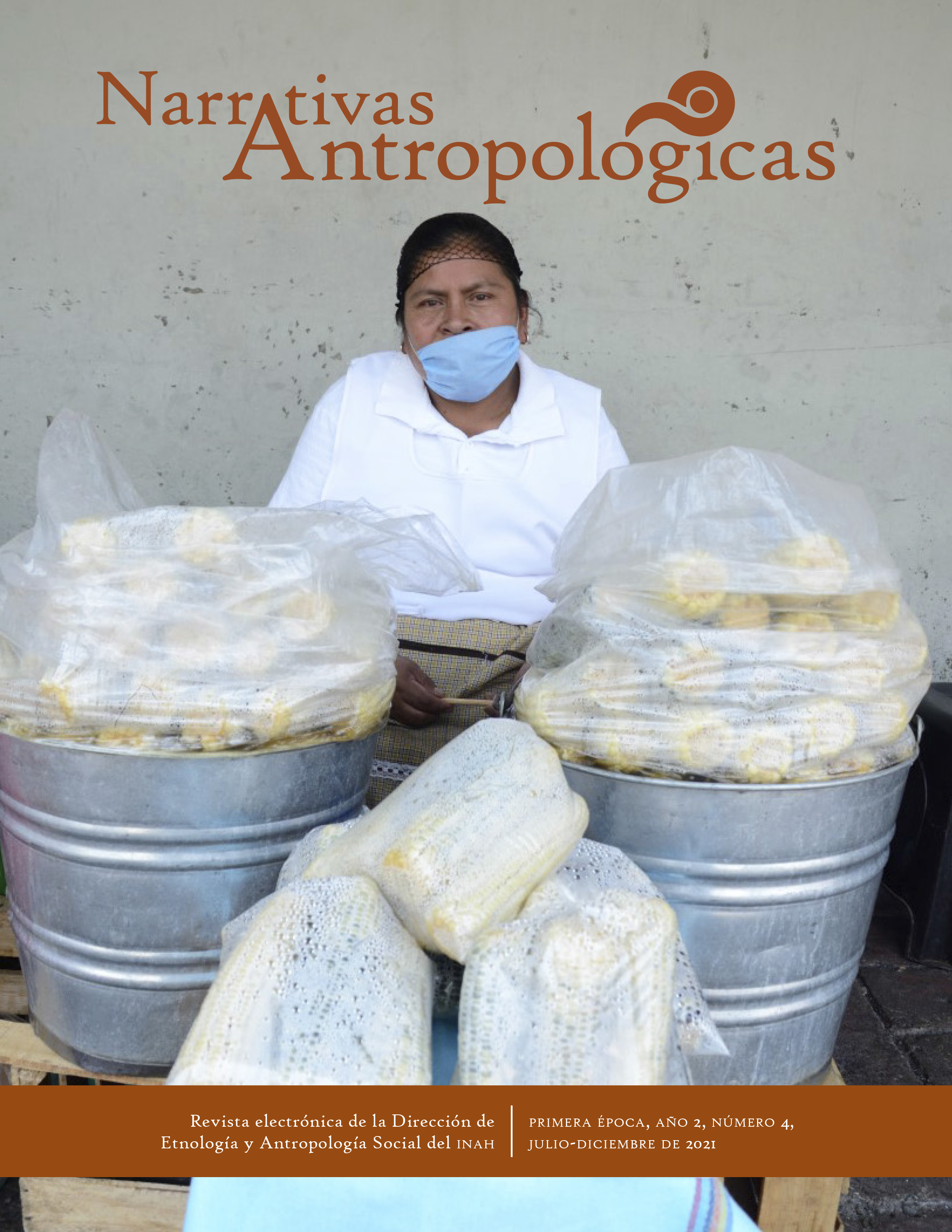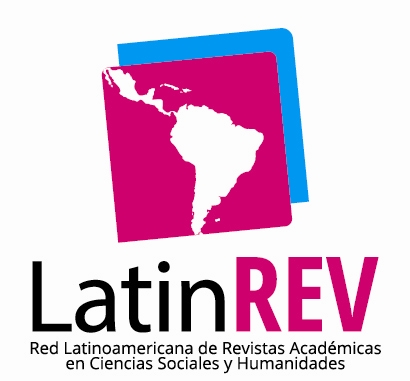Ethnography of guilt in times of COVID-19
Keywords:
guilt, health workers, romanticization, pandemic, ethnographyAbstract
COVID-19, a new virus of the Coronaviridae family that causes atypical pneumonia, appeared suddenly, generating a global crisis, with serious effects on economies and health systems. In addition to negative effects at the psychosocial level that in many countries are presented as mental health effects expressed in fear, stress, frustration, anxiety, anguish and suffering. In Ecuador, the government, using the media, has romanticized health workers in Ecuador, placing them at the level of heroes who face the first line of the pandemic, however, the reality is different, reflected in precarious jobs, little protection and biosecurity, adding with social stigmatization, fear and guilt of being carriers of the virus and contaminating their families. While calling them heroes, they are laying off hundreds due to cuts demanded by the International Monetary Fund (IMF). This article presents ethnographic accounts that narrate the experiences of human beings strongly marked by death, by the feeling of loss such as health workers, who have had to reorganize their lives and senses about terrible experiences of impotence and guilt, when their His work, experience and all his training were not enough to save lives.
Downloads
References
CEPAL, “América Latina y el Caribe ante la pandemia del COVID-19 Efectos económicos y sociales, 2020” [informe especial], acceso el 18 de abril de 2021, https://repositorio.cepal.org/bitstream/handle/11362/45337/4/S2000264_es.pdf.
Código de Ética de la Asociación Americana de Antropología (AAA), acceso el 18 de abril de 2021, http://sgpwe.izt.uam.mx/files/users/uami/lauv/codigo_de_etica__AAA_def.pdf.
Faiola, Anthony, “Bodies lie in the streets of Guayaquil, Ecuador, emerging epicenter of the coronavirus in Latin America”, acceso el 18 de abril de 2021 https://www.washingtonpost.com/world/the_americas/coronavirus-guayaquil-ecuador-bodies-corpses-streets/2020/04/03/79c786c8-7522-11ea-ad9b-254ec99993bc_story.html.
Huarcaya-Victoria, J., “Consideraciones sobre la salud mental en la pandemia de COVID-19”, Revista Perú de Medicina Experimental y Salud Pública, vol. 37, núm, 2 (2020), 327-334, acceso el 18 de abril de 2021, https://doi.org/10.17843/rpmesp.2020.372.5419.
Jackson, Michael, Existential anthropology: Events, exigencies, and effects (Nueva York: Berghahn, 2005).
Lai, J., Ma, S., Wang, Y., Cai, Z., Hu, J., Wei, N., Wu, J., Du, H., Chen, T., Li, R., Tan, H., Kang, L., Yao, L., Huang, M., Wang, H., Wang, G., Liu, Z., y Hu, S., “Factors associated with mental health outcomes among health care workers exposed to coronavirus disease 2019”, JAMA Network Open, vol. 3, núm. 3, e203976, acceso el 18 de abril de 2021, https://doi.org/10.1001/jamanetworkopen.2020.3976.
Medeiros de Figueiredo, A. et al., “Letalidad del COVID-19: ausencia de patrón epidemiológico”, Gaceta Sanitaria (abril de 2020), acceso el 18 de abril de 2021, https://doi.org/10.1016/j.gaceta.2020.04.001.
Nodal, “Ecuador: 80 profesionales de la salud fallecidos por Covid-19 en Guayas”, Nodal. Noticias de América Latina y el Caribe, acceso el 18 de abril de 2021, https://www.nodal.am/2020/04/colapso-sanitario-en-ecuador-guayas-registra-80-profesionales-de-la-salud-fallecidos-por-covid-19/.
Organización de las Naciones Unidas, “Los servicios de salud mental son parte esencial en todas las respuestas de los gobiernos al COVID-19”, 13 de mayo de 2020, acceso el 18 de abril de 2021, https://www.un.org/es/coronavirus/articles/servicios-de-salud-mental-respuesta-gobiernos-covid-19.
Organización de las Naciones Unidas, “Policy Brief: COVID-19 and the Need for Action on Mental Health”, 13 de mayo de 2020, acceso el 18 de abril de 2021, https://www.un.org/sites/un2.un.org/files/un_policy_brief-covid_and_mental_health_final.pdf.
Organización Mundial de la Salud, “Aumentar sustancialmente las inversiones para evitar una crisis de salud mental”, 14 de mayo de 2020, acceso el 18 de abril de 2021, https://www.who.int/es/news-room/detail/14-05-2020-substantial-investment-needed-to-avert-mental-health-crisis
Organización Mundial de la Salud, “Protección de la salud mental en situaciones de epidemia”, 2020, https://www.paho.org/hq/dmdocuments/2009/Pandemia%20de%20influenza%20y%20Salud%20mental%20Esp.pdf
Organización Mundial de la Salud, Coronavirus disease (COVID-2019) situation reports. acceso el 18 de abril de 2021, https://www.who.int/emergencies/diseases/novel-coronavirus-2019/situation-reports
Organización Panamericana de la Salud y Organización Mundial de la Salud, COVID-19. Recomendaciones, 11 de marzo de 2020, acceso el 18 de abril de 2021, https://www.paho.org/arg/index.php?option=com_docmanview=downloadalias=453-covid-19recomendacionescategory_slug=2019-ncov-1Itemid=624, 4.
Rivadeneira, C., “Con las manos en la basura: las minadoras de Quito-Ecuador, vidas significativas entre la explotación y el desecho” (tesis doctoral, Flacso: Quito, 2020).
Rivera Alvarado, Alejandra del C., “La COVID-19 y las desigualdades sociales”, Clacso-Argentina, acceso el 18 de abril de 2021, https://www.clacso.org/la-covid-19-y-las-desigualdades-sociales/.
Rodríguez, Adriana, “Guayaquil, el coronavirus y la barbarie de la desigualdad”, Rebelión, 1 de abril de 2020, acceso el 18 de abril de 2021, https://rebelion.org/guayaquil-el-coronavirus-y-la-barbarie-de-la-desigualdad/.
Rosero, Mariela, “2?273 trabajadores de la salud han sido contratados en esta pandemia”, El Comercio, acceso el 18 de abril de 2021, https://www.elcomercio.com/actualidad/contrataciones-trabajadores-salud-pandemia-covid19.html.
Trujillo, P., “Guayaquil y el COVID-19: relato de la enfermedad, el estigma y la desigualdad social”, Aurora, núm. 5 (2020), 49-53.
Wahed, W. y K. Safaa, “Prevalence and associated factors of stress, anxiety and depression among medical Fayoum University students”, Alexandria Journal of Medicine, vol. 53, núm. 1 (2017), 77-84, acceso el 18 de abril de 2051, https://doi.org/10. 1016/j.ajme.2016.01.005.
Woolf, S., Derek A. Ch., Roy T. Sabo, Weinberger, D., y Hill, L., “Excess Deaths From COVID-19 and Other Causes”, JAMA, núm. 217 (2020), 5–7.








